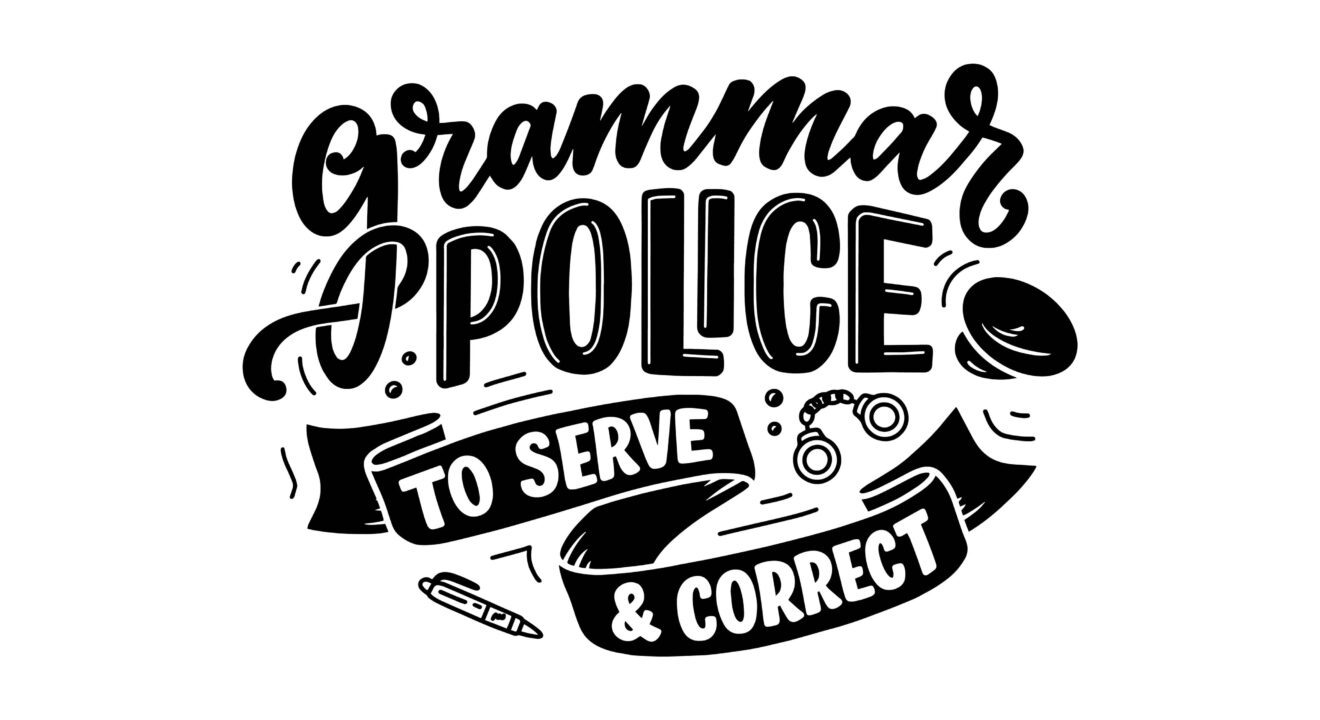The Unveiling Literary Landscapes Series
Are you the type of reader who only focuses on minor grammatical errors like repetitive word issues? Do you find yourself getting distracted by these small mistakes and unable to fully enjoy the story? Well, it’s time to let go of those minor pet peeves because they don’t truly matter in the grand scheme of things. As a reader, it’s important to look past minor errors and focus on the big picture. In this post, we will explore why only major grammatical errors truly matter and why being a grammar machine can rob you of a truly enjoyable reading experience.
Let’s first define what we mean by minor and major grammatical errors. Minor errors include issues like repetitive words, overuse of adjectives or adverbs, and other small issues that don’t necessarily impact the overall meaning of a sentence or paragraph. On the other hand, major errors are those that significantly impact the clarity and coherence of a text, such as spelling mistakes, incorrect sentence structure, and subject-verb disagreement. These types of errors can make it difficult for readers to understand the intended meaning of a text.
Now, it’s important to note that as readers, we all have our own personal preferences and pet peeves when it comes to grammar. However, it’s important to recognize that these preferences shouldn’t hinder our ability to enjoy a story. If we focus too much on minor errors, we risk losing sight of the bigger picture and missing out on an amazing reading experience. We don’t want to be the grammar police, do we?
Of course, this doesn’t mean that we shouldn’t care about grammar at all. Major grammatical errors should still be recognized and addressed, as they can significantly impact the readability and comprehensibility of a text. But we need to recognize that minor errors are just that – minor. They should not detract from the overall meaning and message of a story.
If you stumble upon a major grammatical error in a book, it could be beneficial to inform the publisher directly. An email citing the specific page and location of the error in the text will not only allow them to correct the mistake in future editions but also improve the overall quality of the publication. This proactive step contributes to a better reading experience for others and underlines the shared responsibility between readers and publishers in the world of literature.
Emailing the publisher or author directly about major grammatical errors is preferred to leaving a posted review online. This is largely because your review may get lost in a sea of other reviews, and there’s a chance the author or publisher may never see it. Direct communication ensures that your concerns will reach the intended recipients and enable them to take speedy action. Besides, this approach is more constructive and helpful, enhancing the quality of work while maintaining the respect and dignity of the author or publisher.
At the end of the day, reading is supposed to be an enjoyable experience. Focusing too much on minor grammatical errors can take away from that experience. Instead, let’s focus on the story itself and the message that the author is trying to convey. Let’s appreciate the art of writing and storytelling, even if it’s not always perfectly grammatically correct.
In conclusion, let’s not let minor grammatical pet peeves rob us of a great reading experience. We should still care about major grammatical errors, but we should also recognize that minor errors shouldn’t take away from the overall story. Let’s appreciate the art of writing and storytelling without being too critical of grammar. So, sit back, relax, and enjoy the story for what it is – a wonderfully crafted work of fiction.
For major errors with our books, you can report them to: elizabeth.corrections@josephstreetdigest.com


